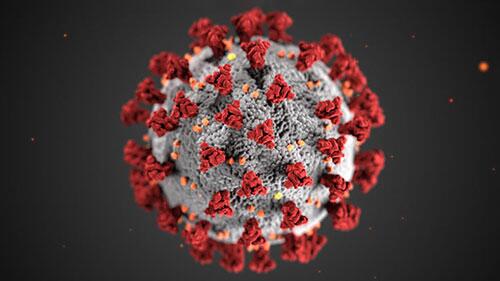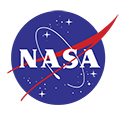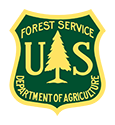Opportunity: Making Innovative Use of NASA Satellite Data to Address Environmental, Economic, and/or Societal Impacts of the COVID-19 pandemic
For carbon cycle sciene related funding announcements, see compilations of Funding Announcements on the pages of the NACP and OCB programs.

Principal investigators within NASA's Earth Science Division (ESD) Research and Analysis (R&A), Applied Sciences Program (ASP), and Earth Science Data Systems Program (ESDS) have begun to explore and/or ask about the possibility of redirecting existing efforts and/or requesting additional support to utilize NASA products to address the environmental, economic, and/or societal impacts of the COVID-19 pandemic.
Investigators looking to reprioritize currently-funded efforts must reach out to their program manager(s) (https://science.nasa.gov/researchers/sara/program-officers-list) first to discuss this possibility. Up-front conversations ensure there is mutual understanding of potential impacts to current ESD-funded activities.
Relative to potential requests for new and/or additional support, NASA's Earth Science Division (ESD) would like to call the attention of the Earth Science research, applications, and data systems communities to Program Element A.28 "Rapid Response and Novel Research in Earth Science" (RRNES) of Research Opportunities in Space and Earth Sciences (ROSES) 2020 as an opportunity to propose investigations making innovative use of NASA satellite data to address regional-to-global environmental, economic, and/or societal impacts of the COVID-19 pandemic. Potential proposals may address R&A-related topics more fundamental in underlying physical and/or biological sciences (including possible connections to socioeconomic activities) and/or ASP-related topics characterizing impacts of decisions or efforts to inform decision makers on regional-to-global levels in their responses to mitigate the impacts of the disease. While proposed studies must use NASA satellite data and information products as a primary source of information and research tools, they may also utilize remote sensing data and products from government agencies, international, or commercial sources. Studies utilizing Artificial Intelligence (AI) techniques including Machine Learning (ML) and Deep Learning (DL) are encouraged.
Research activities proposed must be hypothesis-driven and make quantitative connections between changes in anthropogenic forcings and/or social and economic activity and the related Earth system environmental response to the COVID-19 pandemic. Proposals should address change(s) as part of longer-term regional or global budgets and/or interconnected processes in a way that adds to our understanding of them. Proposals that simply demonstrate correlations between changed human activities and direct response of quantities viewed from space are of low priority. Applications-related proposals must demonstrate how NASA and related remote sensing data can characterize impacts of decisions taken or can inform public and private decision making. Proposals that cross the traditional boundary between research and applications that may serve to amplify the cross-benefits between them are welcomed; in such cases the proposals should address how both sets of objectives are addressed.
Reminder of key RRNES requirements: potential ideas must be discussed with relevant program managers in the Earth Science Division (see URL above for a list of relevant programs and managers). If encouraged by program managers, proposals submitted must justify why such research, applications, and/or data system activities need to be supported in the immediate- or near-term. The period of performance for these proposals must NOT exceed 12 months, and cost (full cost, including all salaries and indirect expenses) should not exceed $100K over the award lifetime except under extraordinary circumstances. Proposals that would require the use of NASA's High-End Computing (HEC) Resources must follow the instructions given in Section 1(d) of the ROSES Summary of Solicitation to request computing resources. Proposals that seek to use AI in commercial cloud environments should contact the ESDS Program Manager for cloud computing cost guidance.
Proposals submitted must meet all the requirements as described in the RRNES solicitation (see section 5.1.1, especially the five-page limit). It is expected that the data used in this solicitation will be routinely-produced satellite data from NASA and its interagency, international, and commercial partners. If satellite data sources that require tasking are to be included as data sources for this proposal, this must be clearly delineated in the proposal. Commercial data acquired by NASA as part of the Commercial SmallSat Data Acquisition Program may be used as a data source for this investigation (see https://earthdata.nasa.gov/esds/small-satellite-data-buy-program for more details). No requests for field work involving NASA aircraft will be entertained at this time.
A one-time allocation of ~$2M is identified for this opportunity. Proposals will undergo an internal review process by ESD staff, consulting the peer review community as needed. Reviews will be on a rolling basis as proposals are received and until the available funding is exhausted.




